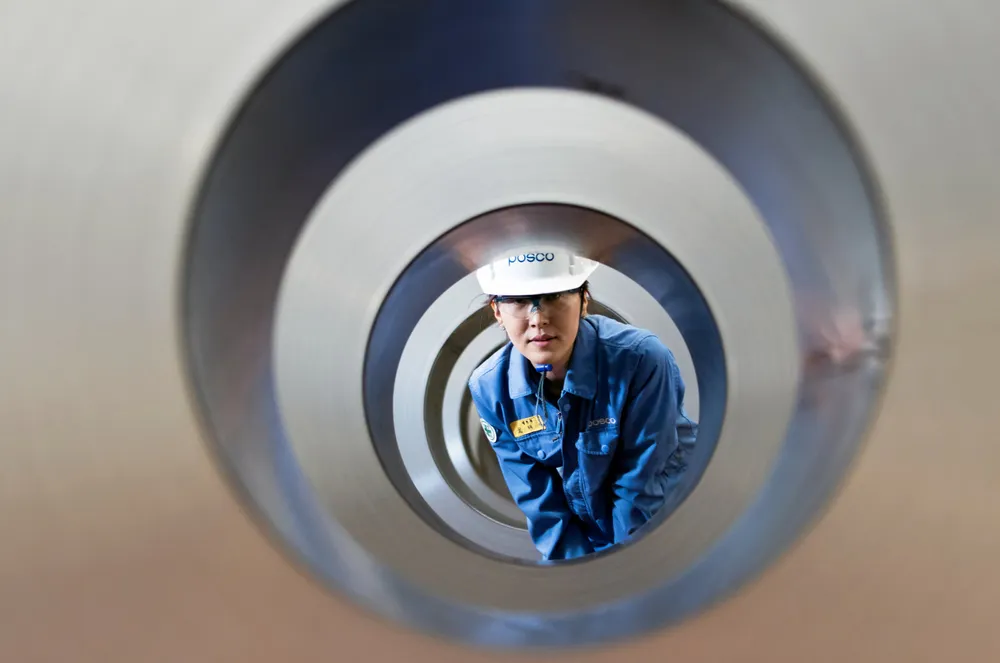Korean steel giant and Samsung win $6.7bn deal to develop green hydrogen project in Oman
A Posco-led consortium will build what is reported to be the world’s largest renewable H2 plant in Duqm — although details on capacity and timelines remain murky
